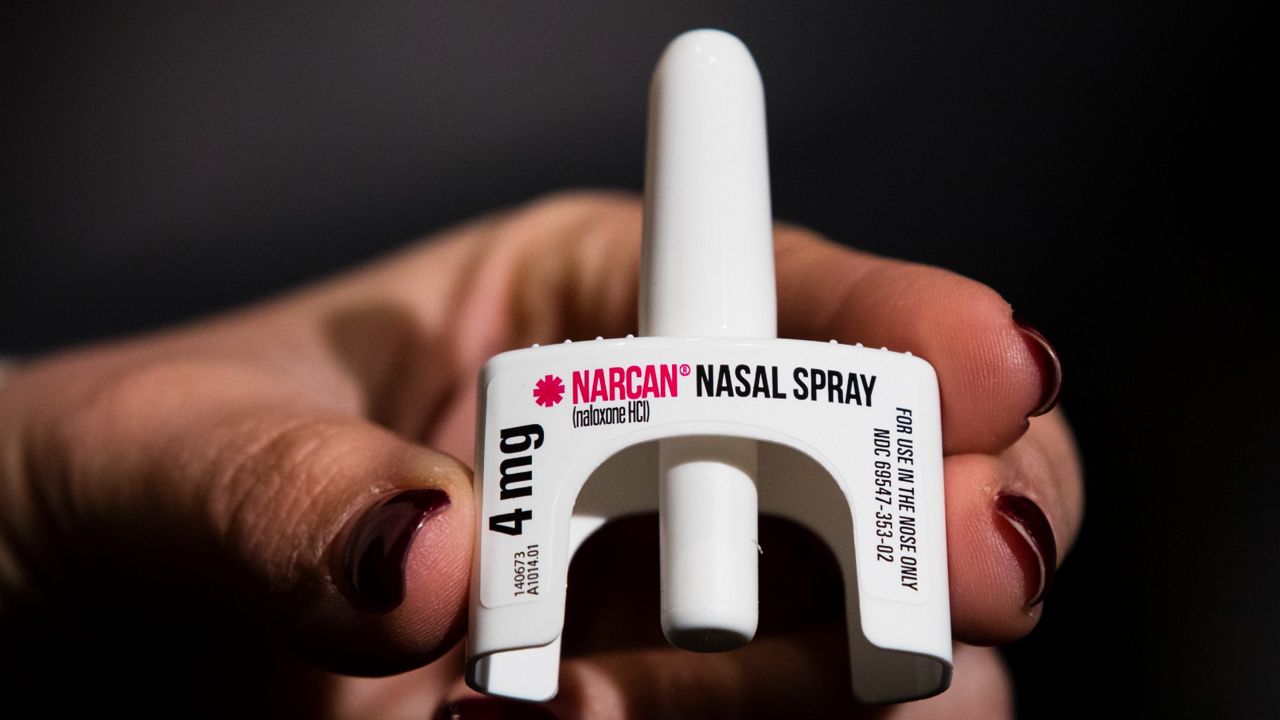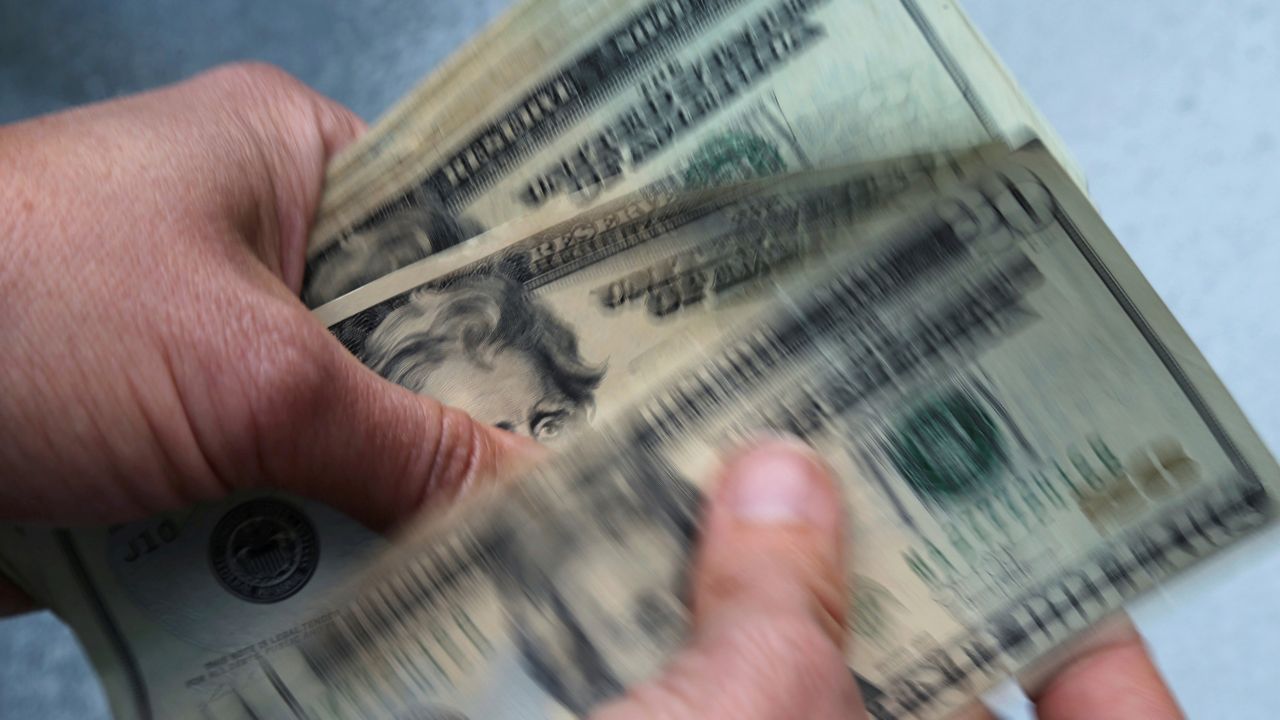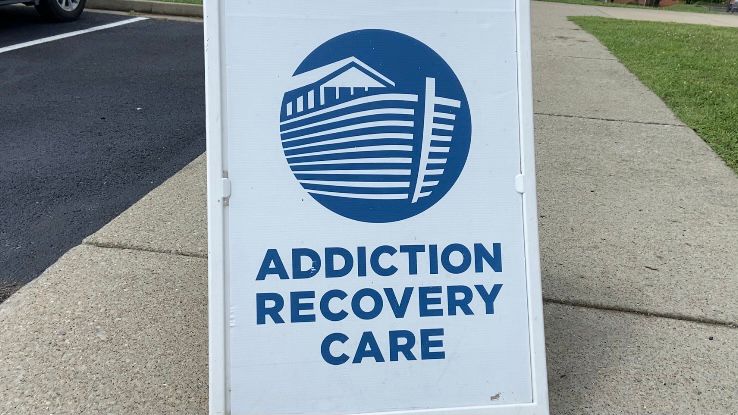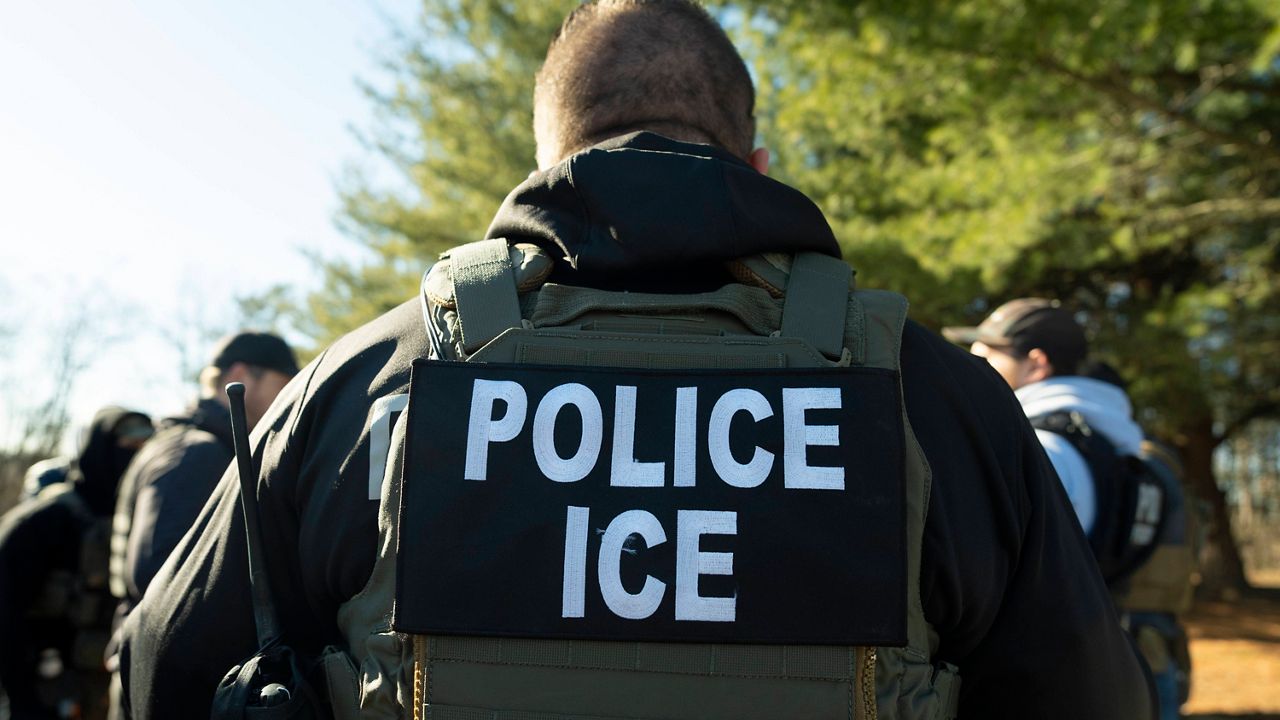New York's Health Department has filed to extend its contract with Emergent Devices Inc. – the sole company the state buys naloxone from – for at least one more year before considering other bids to diversify its supply of overdose reversal drugs, according to the agency.
The state's $21 million contract with Emergent expired Wednesday on the heels of a mounting push for the state to expand the type of opioid antagonists it purchases to deal with an increase in overdose deaths because of fentanyl and synthetic opioids.
"In the state where we're losing 15 people a day [to overdose], that's an imperative, so we're having a hard time understanding what we see as yet another delay tactic by the Department of Health to open up this contract to bid," said William Van Slyke, chief operating officer of Capital Health Consulting. "That 4 mg dose of naloxone by itself often is not effective, so we need more tools in the toolbox to reverse fentanyl overdoses and save more lives."
The contract extension will be reviewed by the state attorney general’s office and state Comptroller Tom DiNapoli's office.
The department has had a longstanding agreement with Emergent for years to buy 4-mg doses of Narcan nasal spray, or the brand name for the overdose reversal drug naloxone, to give to first responders as part of its Opioid Overdose Prevention Program.
The U.S. Food & Drug Administration has approved five different brands of naloxone nasal sprays to reverse an overdose.
Officials with DiNapoli's office said Wednesday afternoon they had not received the contract extension. DOH officials said the extension was filed in a statement Wednesday night.
“The state Health Department continues to follow the medical evidence and data in fighting the opioid epidemic, as we equip individuals, communities, organizations and agencies with the best tools available," Health Department spokeswoman Cadence Acquaviva said. "The department still recommends 4 mg of naloxone as the most effective opioid antagonist and Narcan, a 4-mg naloxone product, is currently the most effective and affordable brand of naloxone that comes in FDA-preferred dosage levels. As a result, the department has opted in for another year of the current Emergent contract for Narcan, while also exploring other future procurement options.”
Advocates contacted the comptroller's office with concerns about the contract and its bid process, a spokesperson with the comptroller's office said Wednesday.
The comptroller's office replied with a letter to DOH on July 9 about the contract expiration, and attached a letter from recovery advocates, encouraging the department to accept bids from other companies.
A bill quickly gained traction in the state Legislature this session to force the Health Department to consider all opioid antagonists approved by the FDA. It cleared the Assembly, but died in the Senate after concerns higher doses of naloxone options lead to more side effects of withdrawal.
Assembly sponsor Phil Steck said most members of law enforcement are calling for more potent options to reverse overdose deaths.
"We don't feel that there should be one and only one," he said Wednesday. "That's not good practice. It prevents competition."
A spokesperson with Gov. Kathy Hochul's office on Wednesday said the Health Department continues to ensure it is receiving naloxone at the lowest possible cost, and Emergent's brand does not need to be replaced as often as others and ultimately saves money.
"Our administration is engaged in aggressive, ongoing efforts to address the opioid and overdose epidemic," Hochul's spokesperson said. "We’ve distributed nearly 700,000 naloxone kits and more than 19 million fentanyl and xylazine test strips for free, including many through our first-in-the-nation online ordering portal. We’ve made available more than $335 million in opioid settlement funds for providers and communities to address this crisis, and are making this funding available faster than any other state in the nation. And we’re expanding access to treatment and services through mobile medication units, outreach and engagement services and crisis stabilization centers, among other resources."
But Steck said cost concerns are irrelevant because the state would not have to pay more for other medications than what is spent on Narcan. And lawmakers and recovery advocates argue if the state has saved money under its current contract, it should have a more diverse supply of overdose reversal drugs on hand.
"Cost is really not an issue; the issue is effectiveness," the assemblyman said.
Health Department officials Wednesday said the state has an adequate supply for the program while the contract extension is finalized and the last agreement has expired, adding the department will continue to review appropriate options as the landscape of the opioid epidemic has evolved.
"There are now multiple manufacturers of naloxone, including several that make the 4mg intranasal product, so another competitive procurement is being considered to ensure we are getting the most appropriate product at the best price," according to the department. "NYSDOH will continue to review clinical appropriateness as part of this process."
EDITOR'S NOTE: This story has been updated to reflect that advocates first contacted the state comptroller's office, which prompted the OSC's letter to the DOH.






_DNT_911_Air_Quality_Investigation_CLEAN_130267847_2447)

